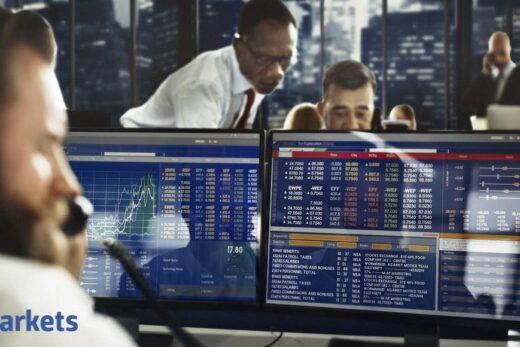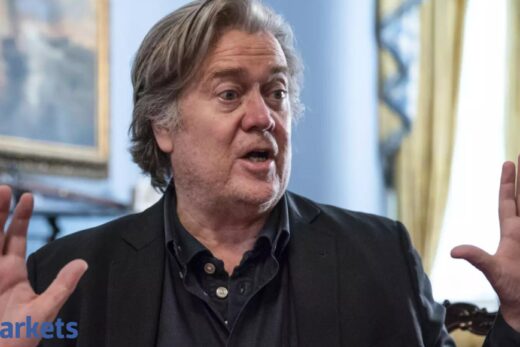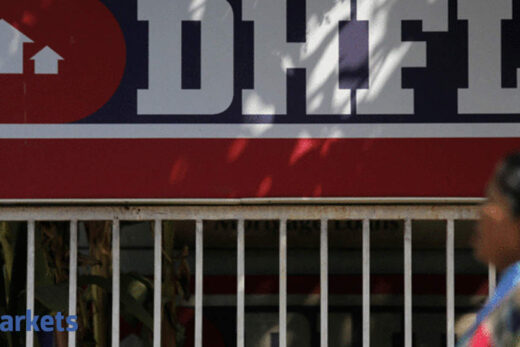Warren Buffett shocked Tokyo markets last August with a $6 billion bet on the country’s five largest trading houses.
One year on, his investments are paying off. Amid the surge in commodity prices, the collective value of Berkshire Hathaway Inc.’s stakes in the five “sogo shosha” has risen by about $2 billion. That gain of more than 30% has outpaced the benchmark Topix index’s 21% rise, and doesn’t account for dividend income.
Though his stakes in the resource-heavy firms have been a success, the man sometimes known in Japanese media as the “god of investing” hasn’t sparked a groundswell of international followers. Instead, many investors remain sidelined by uncertainty over the pandemic and political leadership.
“He bought at a good time,” said Hideaki Kuribara, an analyst for Tokai Tokyo Securities Co. “I expect him to hold for a long time, and over a long span these investments can be a success. It’s just what you would expect of him.”
 Bloomberg
BloombergThe five firms — Itochu Corp., Marubeni Corp., Mitsubishi Corp., Mitsui & Co. Ltd. and Sumitomo Corp. — seem on paper an unusual fit for Buffett’s “buy-what-you-know” philosophy. But with those investments coming just days after Shinzo Abe announced he would step down as prime minister — triggering the first leadership change in more than seven years — many hoped the Buffett brand would spark renewed foreign interest in Japanese markets.
At the time, Japan was weathering the pandemic better than most economies and Yoshihide Suga was soon to take over as prime minister with near-record popularity.
Initially, equities rallied after Buffett’s money arrived, with the Nikkei in February hitting 30,000 for the first time in 31 years. Since that peak, though, the Japan benchmark has gone into a steady decline.
For one thing, Covid-19 cases jumped as the nation’s vaccination campaign lagged those of the U.S. and Europe. Meanwhile, Suga’s ratings have tumbled to record lows as he heads into a general election, with the Olympics in Tokyo doing little to burnish his image.
Foreign investors have net-sold Japanese equities most weeks since Buffett’s investments. The Topix’s 8.1% gain in 2021 trails the 21% for the S&P 500 index. As a result, Japan stocks trade at a relative discount.
Dalton Investments said last week that the “unpopular” country had many gems at cheap valuations. The Topix trades at 14 times forward earnings, compared to 21 times for the S&P 500.
While Berkshire flagged that it could pad its holdings in any of the five trading houses to as much as 9.9%, it has yet to report any changes — shareholders are required to disclose when stakes rise or fall by 1 percentage point. Berkshire also hasn’t reported other holdings in Japanese companies, a requirement if its stake reaches 5%.
The conglomerate did sell 160 billion yen ($1.5 billion) of yen-denominated bonds earlier this year, leading to some speculation over it might be used for.
“While it’s obviously better for them to go up rather than go down, Buffett won’t be satisfied with a 30% return,” said Shuhei Abe, the CEO of Sparx Group Co.



